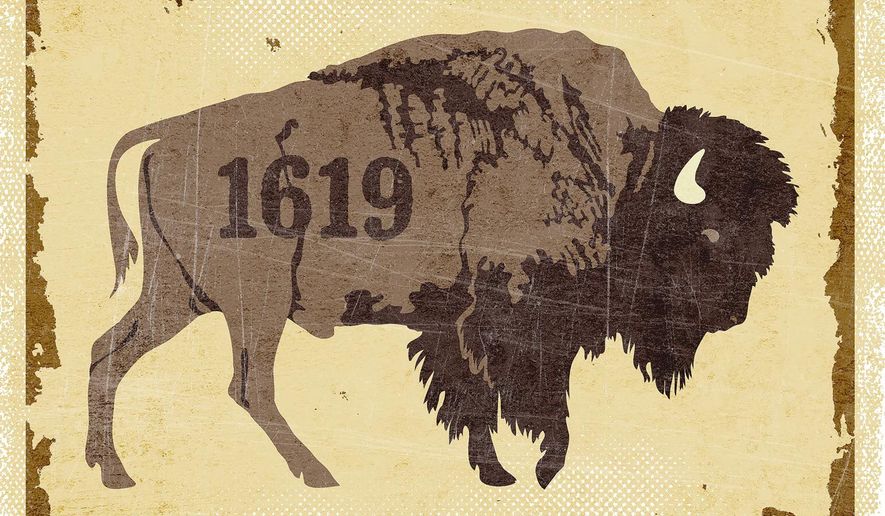A campaign by Republican lawmakers in several states to prohibit the teaching of the New York Times’ 1619 Project in public schools has reignited the debate over who controls our understanding of the past. It also has refocused attention on the project’s numerous factual errors about the American Revolution.
On the latest episode of the History As It Happens podcast, University of Virginia historian Alan Taylor shares both criticism and praise of the 1619 Project’s specific claims as well as its overall aim, which is to emphasize the importance of slavery and systemic racism in American history instead of the founding principles of liberty and freedom that were, as the project’s opening essay argued, betrayed by the crime of human bondage.
Although Mr. Taylor said the work’s initial claim, which asserted that a primary reason the colonists revolted against the British crown was protect slavery, was an “overstatement,” he praised the New York Times for consulting with him and other scholars to improve the final product.
“You asked the question of should it be taught in schools. Sure! Should it be the only thing taught in schools? No!” said Mr. Taylor, who authored the Pulitzer Prize-winning “The Internal Enemy: Slavery and War in Virginia, 1772-1832.”
“There are different ways we tell our history. There’s a liberal tradition. There’s a conservative tradition. And, with the 1619 Project, a radical tradition of telling our history,” Mr. Taylor said.
Other historians have expressed less favorable views.
Princeton’s Sean Wilentz wrote a point-by-point debunking of the project’s claims about the Revolution and slavery. (Mr. Wilentz will appear on the podcast’s next episode to discuss the importance of civics education.)
Northwestern University professor of African-American studies Leslie Harris noted how the New York Times ignored her warnings about publishing erroneous statements about early slavery and the Revolution.
The teaching of history must be grounded in facts, not politics or activism. Because the 1619 Project has been accused of promoting the latter, it has become a battlefield in the country’s culture wars. Critics on the right, who often promote their own sanitized version of the American past, are succeeding in blocking the New York Times’ publication from being taught in schools in Oklahoma, Texas and Tennessee, with more likely to follow.
Mr. Taylor said he believes he stands in the middle, attempting to enhance the 1619 Project’s intellectual weight while resisting calls to dismiss it entirely.
“If we can make history truer, we will make it more interesting and we will have a bigger impact on young people. People who want to jump all over the 1619 Project, where were you when the Texas school board adopted textbooks that said slaves were just immigrants?”
For more of Mr. Taylor’s insights about the 1619 Project as well as the role academic historians should play in public discourse, listen to this episode of History As It Happens.




